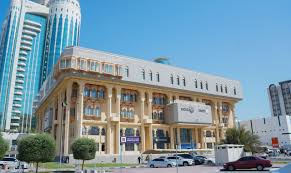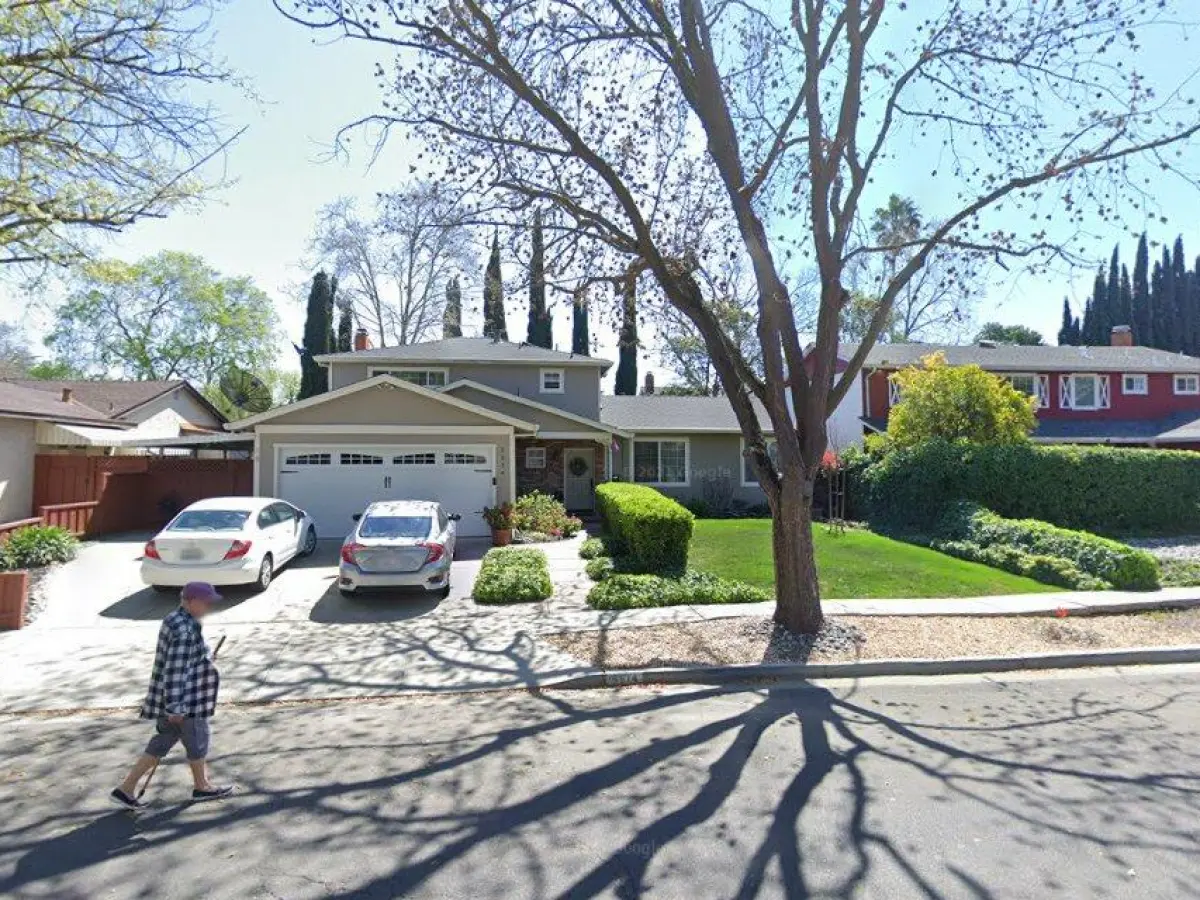Now Reading: UAE Real Estate: 7 June Trends Shaping Buyer Sentiment Across Emirates in 2025
-
01
UAE Real Estate: 7 June Trends Shaping Buyer Sentiment Across Emirates in 2025
UAE Real Estate: 7 June Trends Shaping Buyer Sentiment Across Emirates in 2025

Table of Contents
The UAE’s real estate market in 2025, with AED 893 billion ($243 billion) in 2024 transactions and 7-11% rental yields, remains a global investment hub, with Dubai alone recording AED 66.8 billion ($18.2 billion) in May 2025 sales across 18,700 deals.
In June 2025, buyer sentiment across Dubai, Abu Dhabi, Sharjah, Ajman, and Ras Al Khaimah is shaped by economic growth, regulatory changes, and evolving preferences. Governed by the 9% corporate tax (Federal Decree-Law No. 47 of 2022), 5% VAT (Federal Decree-Law No. 8 of 2017), and no personal income tax, these trends drive demand for American and international investors.
Below are seven key trends influencing buyer sentiment in June 2025, ensuring compliance with Federal Tax Authority (CTA, renamed from FTA in 2024) regulations while maximizing returns.
1. Surge in Off-Plan Property Investments

Trend: Off-plan properties dominate, with over 60% of Dubai’s 2024 sales driven by flexible payment plans and high capital appreciation potential (20-30% by handover).
June 2025 sees launches like Ajman One Phase 2 (AED 450,000 starting price, 9-10% yields) and HAYAT in Dubai South (AED 3.4 million, 6-8% yields), appealing to investors seeking lower entry costs.
Impact on Sentiment: Buyers, especially expatriates, are optimistic due to 0% interest payment plans and Golden Visa eligibility (AED 2 million for 10-year residency). However, concerns about project delays prompt demand for developer guarantees.
Tax Advantage: Secondary sales of off-plan units are VAT-exempt, saving 5% (e.g., AED 22,500 on a AED 450,000 unit). Individual investors avoid 9% corporate tax on gains.
Action: Choose RERA-registered developers like Emaar or Damac, verify escrow accounts, and retain seven-year records for CTA audits.
2. Demand for Affordable Housing in Northern Emirates
Trend: Sharjah and Ajman see rising demand for affordable homes, with projects like Al Zahia (AED 800,000, 7-9% yields) and Barajeel Towers (AED 200,000, 8-9% yields) gaining traction.
Ajman’s Q1 2025 transactions rose 29% to AED 5.55 billion, driven by 30-50% lower prices than Dubai.
Impact on Sentiment: Middle-income buyers and young professionals favor these emirates for value-driven investments, supported by infrastructure like the Dubai Metro Blue Line. Oversupply risks (15,000 Ajman units) temper enthusiasm.
Tax Advantage: Long-term residential leases are VAT-exempt, saving 5% (e.g., AED 4,000 on AED 80,000 rent). Small investors (revenue below AED 3 million) qualify for 0% corporate tax until 2026.
Action: Research upcoming infrastructure via Ajman Real Estate Regulatory Authority and consult CTA advisors for tax relief eligibility.
3. Luxury Property Boom in Prime Locations
Trend: Ultra-luxury properties in Dubai’s Palm Jumeirah, Emirates Hills, and Emaar Beachfront see 8-10% price growth, with 948 AED 15 million+ sales in Q1-Q2 2024. Abu Dhabi’s Saadiyat Island and Ras Al Khaimah’s Al Marjan Island also attract high-net-worth buyers.
Impact on Sentiment: High-net-worth individuals are confident due to 20% annual price increases and 7% yields, but Fitch’s warning of a 10-15% correction by 2026 raises caution.
Tax Advantage: No capital gains tax on sales and VAT-exempt long-term leases save 5% (e.g., AED 25,000 on AED 500,000 rent). U.S.-UAE DTA credits offset U.S. taxes.
Action: File IRS Form 1118 for DTA credits, engage RERA agents, and monitor supply pipelines for oversupply risks.
4. Rise of Short-Term Rental Investments

Trend: Tourism-driven demand, with 18.7 million Dubai visitors in 2024, fuels short-term rentals in Dubai, Ras Al Khaimah, and Fujairah. Platforms like Airbnb and Exclusive Links see spikes in listings, offering 10-12% yields in areas like Dubai Marina and Al Zorah.
Impact on Sentiment: Investors are enthusiastic about passive income but wary of regulatory requirements, including specific permits and AML compliance post-FATF Grey List removal in April 2024.
Tax Advantage: VAT-registered investors recover 5% input VAT on furnishing costs (e.g., AED 5,000 on AED 100,000). Corporate tax deductions apply for management fees.
Action: Obtain short-term rental permits via Dubai Tourism, ensure KYC compliance, and consult CTA advisors for VAT recovery.
5. Sustainability and Green-Certified Developments
Trend: Green-certified projects like Masaar in Sharjah and Distrikt at Ghaf Woods in Dubai command 3-5% price premiums, driven by LEED/Estidama certifications and Dubai’s Net-Zero 2050 goals. Buyers prioritize energy-efficient homes with smart technology.
Impact on Sentiment: Eco-conscious buyers, especially expatriates, are bullish, but higher upfront costs (5-10% above standard properties) spark affordability concerns.
Tax Advantage: Corporate investors deduct sustainability upgrade costs (e.g., AED 27,000 saved on AED 300,000 expenses against 9% tax). VAT exemptions apply for residential leases.
Action: Verify certification via Dubai Municipality, document expenses for CTA audits, and target metro-linked green projects for liquidity.
6. Stricter AML and KYC Regulations
Trend: Post-FATF Grey List removal, June 2025 sees enhanced AML/KYC requirements for high-risk buyers, mandating source-of-funds verification and ultimate owner disclosure. Non-compliance risks penalties up to AED 10,000, impacting high-value June transactions.
Impact on Sentiment: Foreign investors, including Americans, remain confident due to market transparency but are cautious about delays from due diligence, especially for cash or crypto deals.
Tax Advantage: Compliant transactions ensure smooth VAT and corporate tax filings. QIFs and REITs avoid 9% tax if AML-compliant.
Action: Provide verified KYC documents, use SCA/DFSA-regulated brokers, and consult CTA advisors to avoid penalties.
7. PropTech and Digital Transaction Adoption
Trend: PropTech innovations like blockchain transactions and AI-driven property management, supported by Dubai’s Real Estate Evolution Space Initiative (REI), streamline June 2025 deals. Platforms like MetaHomes and DXBInteract report 25% faster transaction approvals.
Impact on Sentiment: Buyers are optimistic about transparency and efficiency but skeptical of tech reliability and regulatory oversight, requiring RERA certification.
Tax Advantage: Digital transaction fees are deductible for corporate tax (e.g., AED 4,500 saved on AED 50,000 expenses). VAT-registered businesses recover 5% input VAT on tech costs.
Action: Use RERA-certified platforms, verify blockchain compliance with Dubai Land Department, and retain digital records for CTA audits.
Why These Trends Matter for American Investors
These trends amplify the UAE’s 7-11% yields, outpacing New York’s 4.2%. Q1 2025 saw AED 239 billion ($65 billion) in transactions, with 86% of Samana Developers’ sales to international buyers, reflecting global confidence.
Freehold ownership, Golden Visas, and proximity to Dubai International Airport (20-45 minutes) drive 45% foreign demand. The U.S.-UAE DTA ensures tax efficiency via IRS Form 1118 credits.
Additional Considerations
- Zakat for Muslim Investors: Muslim Americans pay 2.5% Zakat on rental income (e.g., AED 2,000 on AED 80,000 rent), not property value, for long-term investments. Consult Islamic scholars for June compliance.
- Market Risks: Fitch predicts a 10-15% price correction by 2026 due to 210,000 new units, tempering sentiment. Non-compliance with CTA filings (nine-month corporate tax, 28-day VAT deadlines) risks penalties up to AED 10,000.
- Economic Outlook: UAE GDP is projected to grow 4.5% in 2025, supporting demand but sensitive to global trade tariffs and oil prices ($65/barrel Brent Crude).
Market Outlook and Challenges
June 2025 projects 5-8% price growth across emirates, with Al Marjan Island and Saadiyat Island at 10-15%, but oversupply risks (41,000 Dubai units) loom. The DMTT’s 15% rate for multinationals and stricter AML compliance increase costs. RERA-registered agents and CTA consultants are critical for navigating June regulations.
Conclusion
Off-plan surges, affordable housing demand, luxury booms, short-term rentals, green developments, AML/KYC rules, and PropTech adoption are seven trends shaping UAE buyer sentiment in June 2025.
American investors can maximize 7-11% ROI by leveraging VAT exemptions, DTA credits, and strategic planning, ensuring compliance for long-term wealth creation in Dubai, Abu Dhabi, Sharjah, Ajman, and Ras Al Khaimah’s dynamic markets. Real Estate Trends Shaping Buyer
read more: Ras Al Khaimah: 7 New Developments Fueling Investor Buzz in June 2025





















